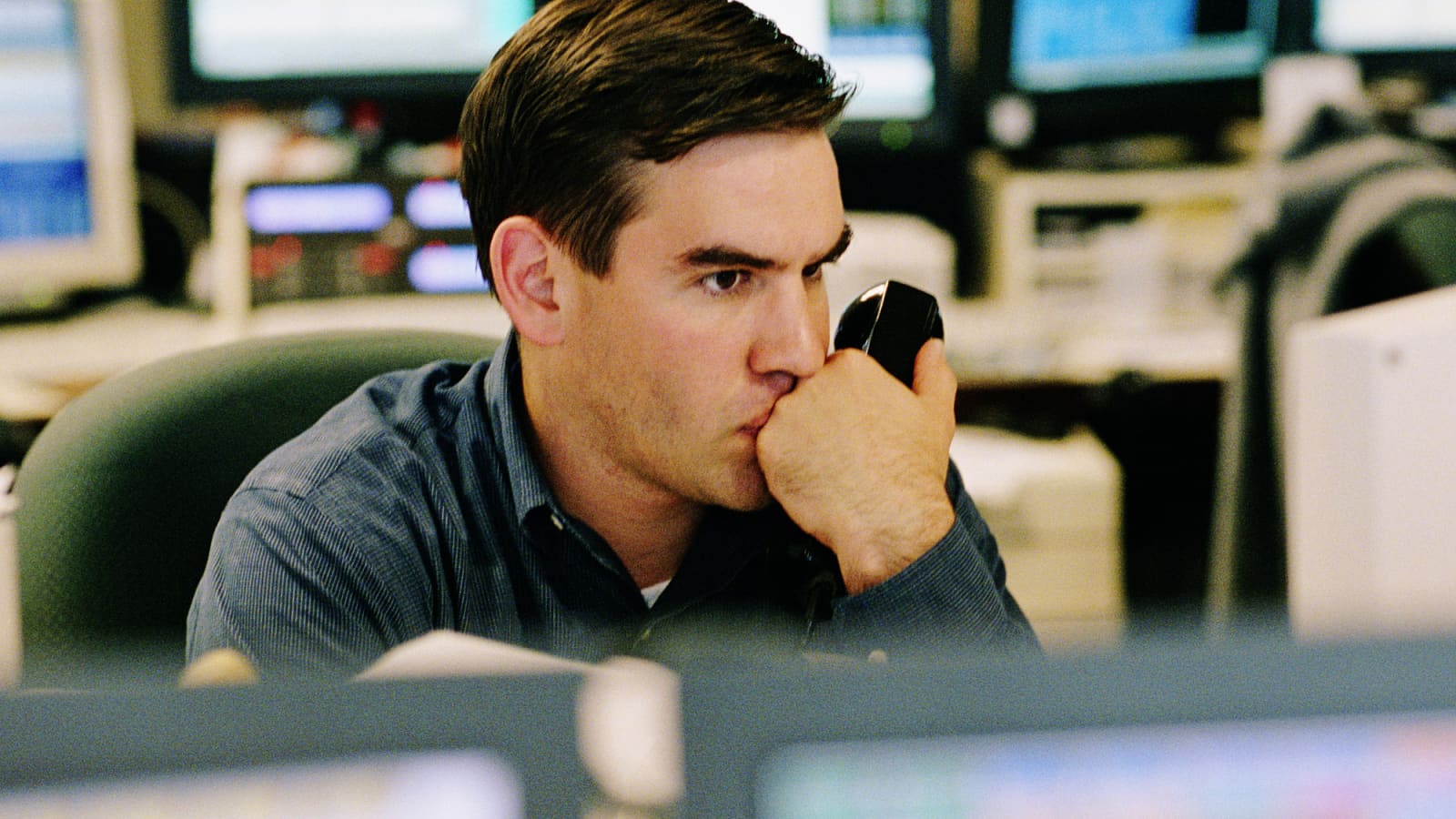What are the 7 biggest investing mistakes you should avoid?

Use the advice of experts to confidently navigate the financial world! Discover the biggest investing mistakes that should be avoided, as provided by financial experts. Gain invaluable insights to protect your investing portfolio, from market timing traps to risk management strategies. Improve your financial literacy and avoid typical traps by seeking expert guidance.
The Biggest investing mistakes
It goes without saying that the epidemic attracted a swarm of fresh investors willing to try their hand at trading. Actually, according to a survey by Charles Schwab, 15% of all active investors in the U.S. stock market started their careers in 2020, creating what Schwab refers to as the “Investor Generation.”
The epidemic created the ideal environment for investing: as the market fell, stocks became more affordable, savings account interest rates were cut in half, and many young people were left at home with nothing to do.
Select talked to a few professional financial advisers about potential red flags for both this younger group of investors and their more seasoned peers.
These are the top seven largest mistakes people make when investing, according to experts.
- Observing the markets continuously
- Following the patterns
- Following poor advice from social media
- Denying your investments enough time to increase
- Putting money into investments that you’ll soon require
- Having unclear investing objective
- Delaying investing everything
Mistake 1: Observing the markets continuously
Out of all the errors we were told, this one was mentioned the most. Danielle Harrison, a certified financial planner of Harrison Financial Planning in Missouri, tells Select, “I have advised numerous clients to switch off their televisions and cease following the daily market news.”
It’s common (and usually advisable) to monitor developments in the economy as a whole, but it’s simple to become carried away by the hype or pessimism surrounding it all. Because of the rapid movements in the markets, it may be wiser to leave your assets alone over the long term rather than attempting to keep up with them in real time.
The president of Bone Fide Wealth, co-author of The Millennial Money Fix, and CFP located in New York City, Douglas Boneparth, says, “You’re likely to perform worse than if you just stuck with your original strategy in the first place.” According to Joe Lum, a wealth adviser with Intersect Capital in California and a CFP, viewing poor performance out of context can cause hasty decisions, while viewing good performance can breed overconfidence.
Lum concurs that investors should try to refrain from monitoring their performance—both positive and negative—too frequently. Even if it’s now simpler than ever to receive real-time updates on the performance of your portfolio, it’s not always required.
Mistake 2: Following the patterns
Chasing trends is a typical error made by investors, whether it’s investing in the newest cryptocurrency or getting caught up in the fervour around GameStop stock, as we all witnessed back in January. Founder of Worth Winning and Texas-based CFP Lauryn Williams observes that investors tend to follow the next trending stock without questioning their decision other than because “someone else says it is awesome.”
According to Boneparth, “many investors make the mistake of chasing trends or what’s cool because of FOMO.” He advises completing your research before investing any money in the market.
Mistake 3: Following poor advice from social media
Harrison expresses disgust at the false information that is available about investment and money in general, particularly on social media. Experts’ general advice is straightforward: Don’t follow investing advice from someone who doesn’t understand your unique financial circumstances. Someone on social media, for instance, might put pressure on you to start investing in a specific firm, but they have no idea what other possibilities you could have for investments. Put that money into your employer-sponsored retirement account; it could work better that way, especially if your employer matches contributions up to a specific percentage of your pay. When investing, always conduct your own research and learn about the individual providing the financial advice on TikTok or another social media site.
Mistake 4: Denying your investments enough time to increase
Time is of importance when it comes to investing. To optimize your profits, you should ideally hold onto your assets for as long as possible. Harrison defines investing as “doing something with the expectation of reasonable returns over a long-term period.”
Williams observes that a common error made by investors is to sell their investments when they do not double their money within the allotted time frame, which is often a few days or weeks.
Mistake 5: Putting money into investments that you’ll soon require
The largest error that investors, according to Boneparth, make is entering the markets before laying a solid financial base.
You ought to feel in charge of your financial decisions before making any investments. Creating a cash reserve is a significant component of that, since it allows you to make purchases or deal with emergencies without having to rely only on your assets.
Harrison adds, “You’d hate to lose the money you were saving for something like a downpayment on a home you were wanting to purchase. The stock market can be volatile.”
Mistake 6: Having unclear investing objectives
Make sure you have specific objectives before you start investing once you have a separate savings account that you can always fall back on.
Harrison cautions that the purpose of investing is rarely to increase wealth. Rather, money should be viewed as a tool to help individuals achieve their other objectives. She observes that a typical error made by investors is to focus just on returns.
Harrison adds that if you can achieve your goals with less hazardous investments, there’s no need to seek big returns that also come with more risk.
The S&P 500 is frequently used by investors as a benchmark for their investing success, but Lum notes that this index is frequently unfairly compared to individual investors’ real portfolios.
Mistake 7: Delaying investing everything
Last but not least, making the costly error of never investing at all. If all of your money is kept in a bank account, the increasing rate of inflation will cause your money to lose buying power.
Harrison claims that some people are so afraid of investing that they never even start and miss out on the incredible compounding impact that may occur over time.


One Comment